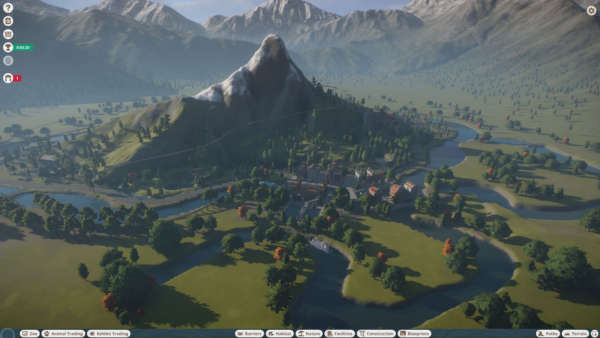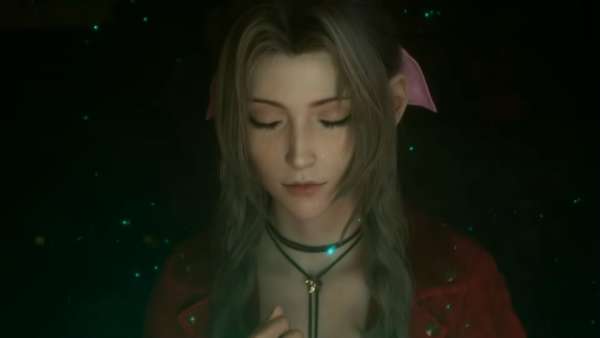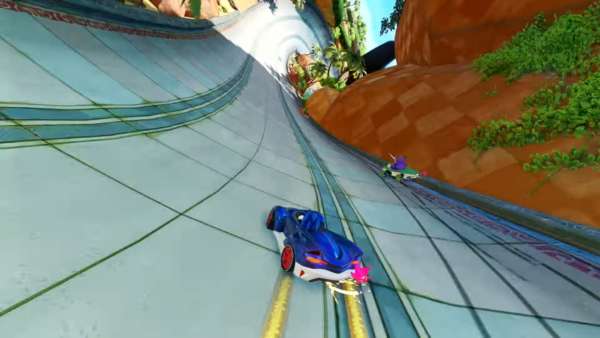The original Deus Ex is a hallmark of well executed RPG mechanics wrapped around the shell of a first-person shooter. Set in a near future entirely owned by corporations and the conspiracies that stand behind them pulling the strings, the intelligent and mature plot made it a must play for PC gamers. Nine years since the last game, Ubisoft brought the series back in Deus Ex: Human Revolution, a prequel which stripped away much of the series lore to give new gamers a fresh start. Received well by critics and fans alike, the game was let down by a few niggling issues.
Two years on and Ubisoft have released Deus Ex: Human Revolution Director’s Cut. This budget priced second coming aims to fix all of the issues that plagued the original. Boss fights are redesigned, textures are improved and bundles together all of the DLC, turning this diamond in the rough into a gem.
Human Revolution wasn’t an ugly game, at least not two years ago. Now the console versions seems a little coarse around the edges, and the PC version lacks the same flair it seemed to hold a few years back. The improved texture quality of the Director’s Cut isn’t a complete graphical overhaul, but it gives the console version a good shot in the arm. Increased fidelity make the finer points stand-out, finally making those mocking post-it notes legible.
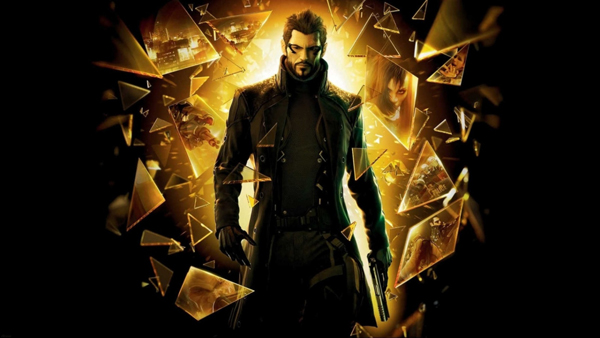
Adam Jensen, Still Looking Fabulous
Characters look mostly the identical to how they did, with the same universal animations that were used as you talked to the inhabitants of Detroit and Hengsha in 2011. The story plays out exactly the same, except for the addition of The Missing Link DLC. For those who didn’t pick it up the DLC slots into the story before the final act. Its overall place in the narrative is rather awkward, delaying the conclusion with an unrelated 2 hour side-story that derails the pacing completely. This remains the same except now it’s unskippable. It would have been better if players were given the option to skip it like the original game, and play it separately outside of the main plots progression.
A smaller addition is optional interactive objects that when fiddled with to elicit a response from a nearby character. These are mostly pointless though, unless you wanted to hear Megan bemoan you touching her photographs. It is a nice little touch, but does little to ingratiate the characters further. Given the term Director’s Cut, you could assume a few new scenes, but instead they add a small sprinkling of one-liners that feel tacked on. This doesn’t pull down the story, but neither does it deepen our understanding of the characters or make them more likeable.
The added commentary and new game plus features add something to bring experienced players back into the fold. An insight into what made the game work is interesting and informative, without crossing into boring. New game plus makes the opening hours much easier on repeat players, as well as making it fun to have all the options there from the start.
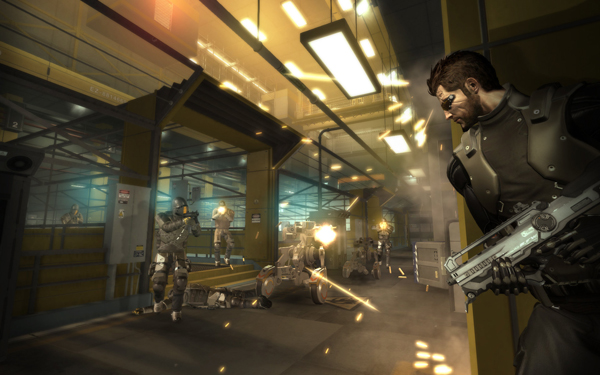
Guns May Be There For When All Else Fails, But It Isn’t The Preferred Strategy
By far the biggest fault with the original release was the boss fights. Shipped out to a different developer to be created, the four big baddies of the core experience worked against the core design of the game. It stripped the experience of choice, the most important principle of a Deus Ex title. When you spend 10+ sneaking and hacking, to be funnelled into a life and death scenario, you were kind of stuck. For a non-lethal or hand to hand build, the fights were a tepid slog of forced shooting that sometimes felt impossibly difficult.
While not completely remedied, the issue has been smoothed over considerably. While you are still thrown into the fight, you are presented more options in newly designed arenas. The first boss battle was originally room with a few stockpiles of guns, forcing you to leap from cover to cover as you popped him in the face over and over again. Now the hall is much more open, with a second floor and side-hallways that allow chances for more stealthy or tech oriented characters to shine. Hacking a console and letting the turrets do the work is a valid option, one that gives the game back a grain of what makes it good and feels much more satisfying.
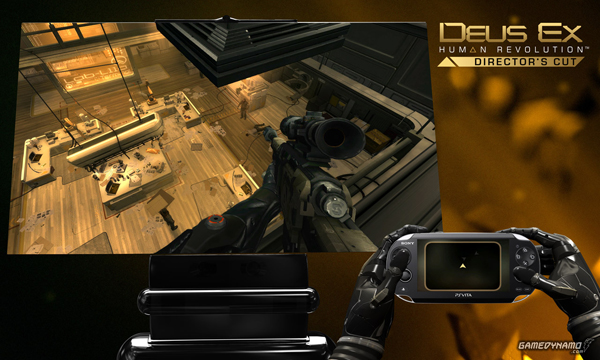
Bionic Arms Not Included
Another added touch are Playstation Vita controls which put an added layer of control in your hands. Utilizing the front and rear touchpads, using the handheld lends a small amount of immersion as you pop passwords and codes into the touch-screen. It makes the controller feel cumbersome in comparison. This is something that only fits however due to the tone and themes of Deus Ex. Cyber-punk aesthetics and corporate espionage make tapping numbers into the Vita engrossing because it feels like you are the hacker, rather than acting through the proxy of Jensen. It takes away another wall between player and avatar. The downside are awkwardly using the rear-touchpad, which can lead to accidentally throwing a grenade from a slipped finger. It isn’t a game-changer, nor is it perfect. It is however an interesting alternative that only just skirts over from gimmick to worthwhile feature.
Deus Ex: Human Revolution Director’s Cut is the ultimate version of an already great game. The improvements are universally good, even if they seem a little superfluous. No one will mourn the old boss fights, but all will celebrate improved textures. The smaller details may not add to anything substantial, but they are welcome nonetheless. The Vita controls won’t be for everyone, the new interactive objects may seem nearly pointless and the DLC may come at a drama-killing moment, but the game is still better for these additions as a whole. Ubisoft changed everything that needed to be altered, cutting off the gangrenous parts and replacing them with shiny new bionic pieces.
